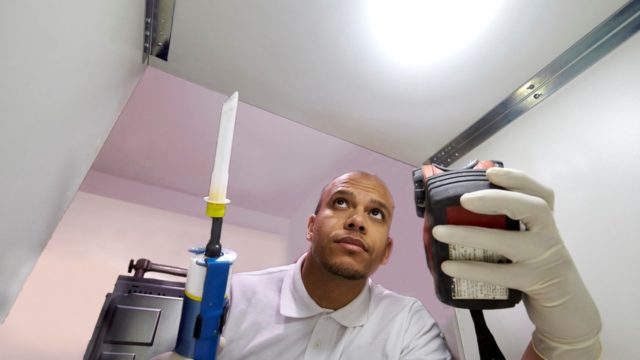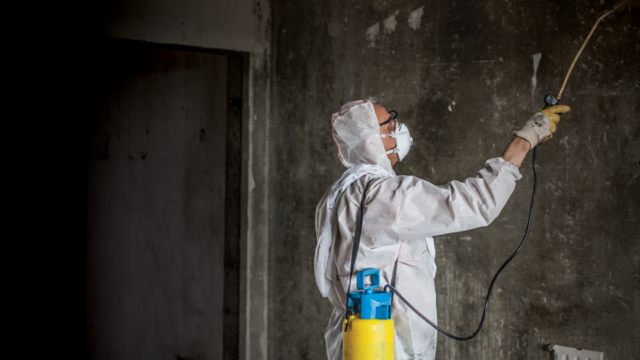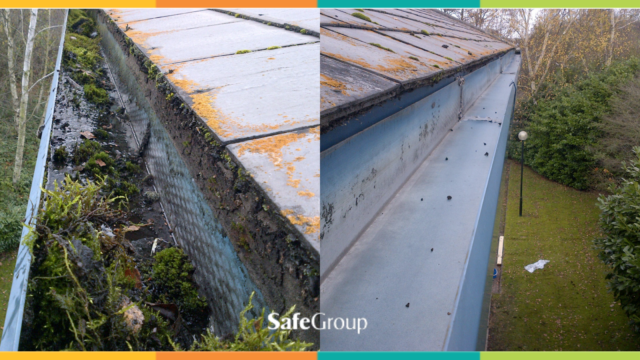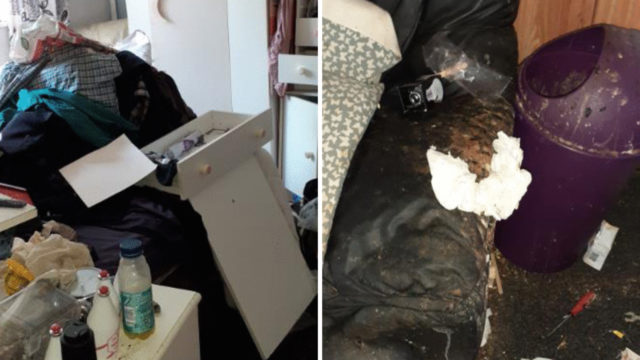Operators of public transport facilities are being advised to urgently review slip and trip risks as tens of thousands of commuters prepare to return to the workplace after the COVID-19 pandemic.
Falls caused, often caused by slippery or unsafe floors, are among the most common causes of injury in public spaces – and train and bus stations are among locations with the highest risk of slips and trips.
As more employers, including government and local government bodies, begin to urge colleagues that now is the time to return of offices after working remotely for two years, now is the time to make sure transport terminals are safe for them to walk through.
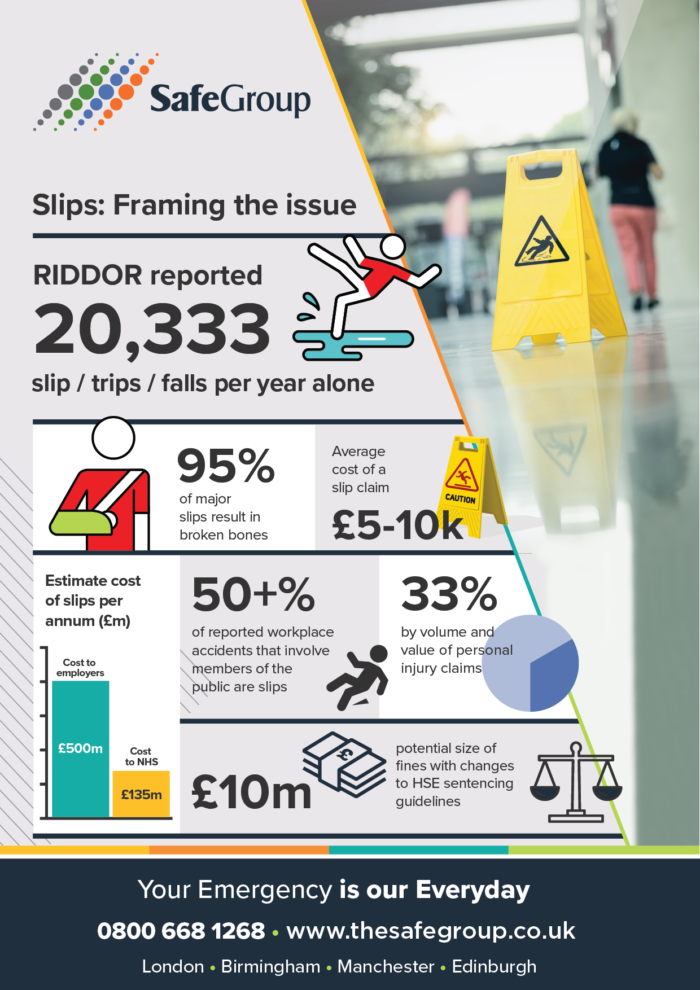
“For many reasons, the COVID-19 pandemic has disrupted many maintenance functions, including the periodic cleaning of floors in public spaces, a process that is vital to ensure the safe movement of tens of thousands of commuters,” says Mike Drake, from SafeGroup’s specialist floor cleaning division.
“As these people return to their workplaces, it makes a great deal of sense for facilities managers responsible for bus, tram and train station concourses to review their slip and trip risks and put in place measures to ensure commuters are safe.”
Floor cleaning and treatment experts
SafeGroup has significant expertise in helping clients with this work. It is the approved contractor for Bonasystems floor cleaning and anti-slip coatings in mainland UK. The products are recognised as providing industry-leading performance for:
- Cleaning the most contaminated and heavily used floors;
- Removing dirt, scale, oil, and fat residues;
- Restoring designed-in anti-slip capability;
- Enhancing, where necessary, anti-slip capabilities with specialist non-slip coatings;
- Provide long-term protection against the build-up of residues that can undermine anti-slip performance;
- Make floors easier to clean, improving the performance of standard cleaning and reducing costs.
Need specialist floor cleaning support? Call 0800 668 1268
Commuting again – heading into the unknown
Some commuters will be anxious about returning to using public transport. Thousands of people recruited since the start of the pandemic will be starting their commuting journeys for the first time. And changes to travelling arrangements, including station layouts, may disorientate some commuters.
“Added together, these factors increase the risk of slips and trips in dynamic and fast-paced environments like public transport concourses, where the risk of falls without the proper health and safety measures in place are already high,” said Mike Drake.
“It’s possible that floor cleaning regimes have been disrupted. Floors may be dirtier and greasier than is optimal. Given that we’re still in the winter months, when wet floors add to risks, taking precautions now must be the best option to prevent injuries and the legal, financial, and reputational damage they always cause.”
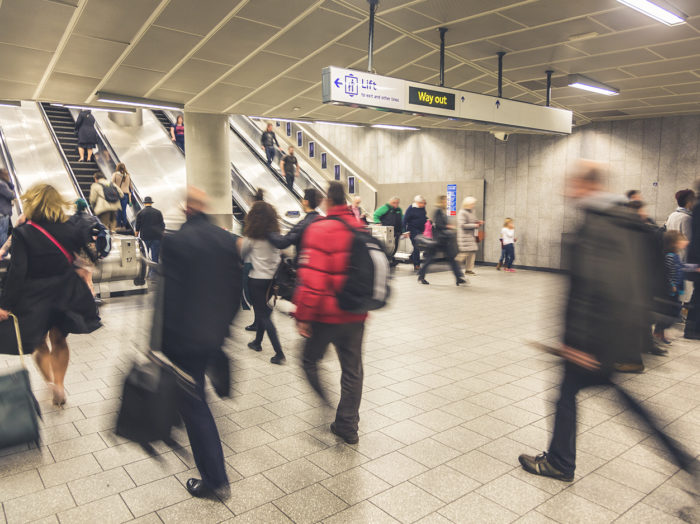
Twelve die in slips and trips spike
In September 2021, London Underground reported a spike in the number of people falling down Tube escalators because people were reluctant to hold the handrail, fearing they might pick up the SARS-CoV-2 virus that causes COVID-19.
Other people were involved in falls after becoming intoxicated while celebrating the opening of bars and restaurants after the end of the lockdown.
Transport for London recorded 12 deaths or serious injuries caused by falls on the Tube between April and June, and 23 on buses — up on the same three-month period last year.
Mike Drake said: “The same factors will be in play over the coming months. There will be thousands of people who still fear touching surfaces, and it is likely that alcohol will be a big factor as people return to offices and have the opportunity to socialise with colleagues and friends before dashing for buses and trains.
“The response must be to take a strategic and preventative approach to floor cleaning. It is best to investigate, understand and quantify risks. Then to put in place the optimum short-term and long-term costed and budgeted measures to counter them.
“The cost of preventing slips and trips is, over time, much lower than the consequences of them happening, in terms of management time investigating incidents, spending money on improving safety after the fact, compensation for victims, legal costs, and potential court fines.”
Mini case study – train station floor treatment
Transport facilities managers are aware of the risks. A rail operator has commissioned SafeGroup to carry out a programme of periodic deep cleaning and anti-slip treatment at a main railway station in central London.
This is giving the rail operator confidence that it is adopting a best practice approach to reducing slip and trip risks, helping keep their customers safe, and providing a due diligence defence if slips and falls do occur.
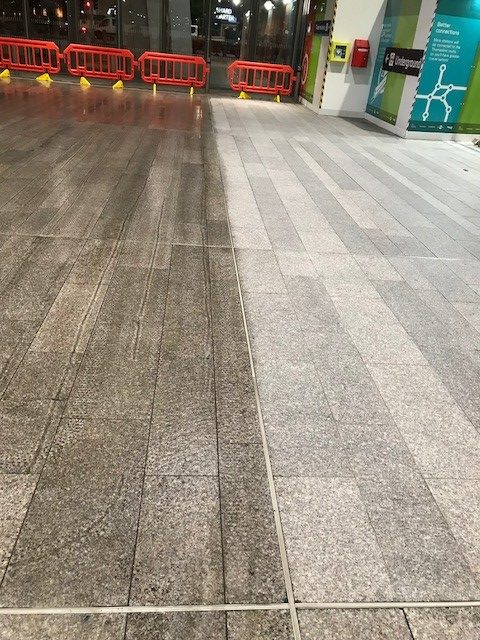
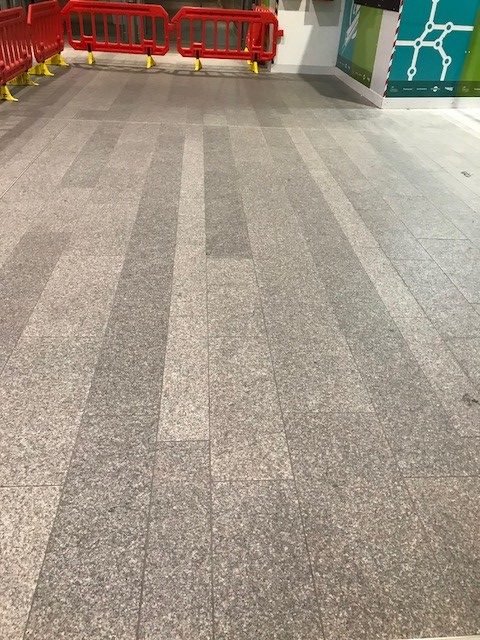
SafeGroup’s floor cleaning and treatment teams carry out their work at night, when parts of the station concourse can be closed off and worked on without disrupting rail services or visitor and staff movements.
Assessing risk – pendulum floor slip test
An important starting point is to carry out an assessment of slip risks. This is done with the pendulum floor slip test. The simple but effective mechanical test is recognised by the Health and Safety Executive (HSE) and local authorities as the industry standard.
A pad, replicating a foot, is allowed to swing down onto the floor, hence the term pendulum. The device measures the level of resistance exerted on the pad by the floor.
Using the pendulum slip test, SafeGroup can establish the level of slip risk associated with any types of floors and locations, including stairs – whether wet and dry.
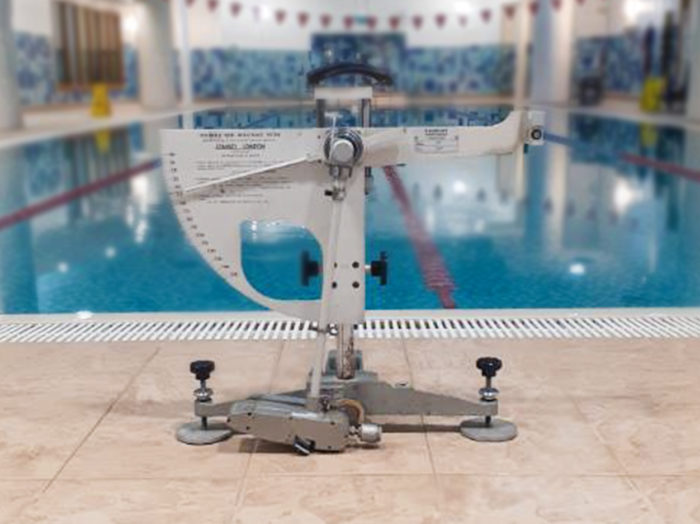
This gives clients a clear picture of locations posing the greatest risk, the measures that need to be taken, and in which order of priority, with a costed programme of planned work.
This may involve deep cleaning and sealing the floors. Or treating them with a specialist coating that greatly increases slip resistance. Correctly maintained, this anti-slip coating remains effective for up to five years on tile, stone, and other cementitious hard surfaces.
Full range of measures to reduce falls
Based on SafeGroup’s advice, other measures can be taken to mitigate risks, including the installation of warning signs, controlling access to high risk areas, changing their layout and design, putting in handrails and grab bars, or improving lighting.
It was precisely this process of slip risk assessment to identify higher risk floor areas across the London train station, that SafeGroup’s rail operator client valued. It could take decisive and measurable action to quickly reduced those risks to acceptable levels.
Mike Drake said: “As commuters return to buses, trains and trams, the teams operating them will have enough on their plates without having to manage a sudden spike in slips, trips and falls. Cost control will remain a priority as ticket incomes build up once again.
“The average cost of a slip injury claim is between £5,000 and £10,000, not including the management time to investigate it. Fines can rise into the millions of pounds.
“Therefore, reducing slips and trips to a minimum as commuting to work becomes more commonplace, and many of us get used to the rush-hour dash, would appear to be a sensible priority.”
Find out more about SafeGroup’s specialist floor cleaning and anti-slip treatment service with Bonasystems products. Call 0800 668 1268.

